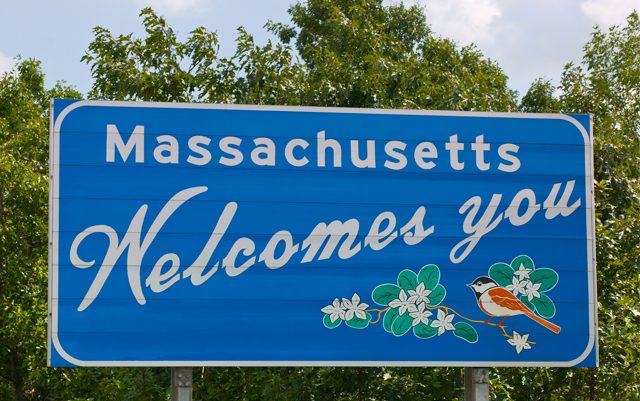Four years ago Colorado was entering the world of legal cannabis for the very first time – and from the very start there were many questions to be answered and no one knew who to look to for those answers. Regulations and safety precautions needed to be made, and there was still a lot of controversy among lawmakers who were far from impartial on the issue one way or the other – so Governor Hickenlooper appointed Andrew Freedman, now known as Colorado’s “Marijuana Czar” (or “pot czar”), to take control.
Andrew Freedman is now being considered as one of three people who would be in charge of creating the regulatory framework for Massachusetts’ legal cannabis industry. If he does not end up as one of those three then he there is a possibility that he would still be a paid consultant for the group – helping them to establish a good set of regulations, without having to deal with some of the bigger issues that Colorado has had the chance to learn from already.
“I was really shocked because I was like, ‘I didn’t weigh in on legalization at all,’ ” Freedman said. “And she was like, ‘Exactly. We need an agnostic in this post.’ ”
Freedman was chosen specifically because he hadn’t spoken out for or against legalization – making him the perfect, unbiased individual to head the creation of the new industry. Since the beginning Freedman has had several things that needed addressed after the initial creation of the regulations surrounding the industry – for example, the use of pesticides on commercially grown cannabis and the appearance and packaging requirements that have recently been imposed on cannabis infused edibles.
“We see problems. We solve problems. We’re fast-acting. We’re responsive to data as it comes in,” he said.
After all that Freedman has accomplished and learned about getting the cannabis industry up and running, as well as maintaining it (what works and what doesn’t – what departments should be handling which issues, etc.), Hickenlooper says that Freedman is “probably the most knowledgeable person in the United States in terms of how do you create a regulatory framework for recreational marijuana,” and that “There are lots of lessons to be learned, and no one can communicate those lessons more successfully than Andrew can.”
With the help of such an experienced member of the country’s most experienced cannabis industry, the 2018 deadline for having the retail cannabis market up and running shouldn’t be much of an issue at all – at least you wouldn’t think. After all, the states who have only just passed laws to legalize adult use of cannabis have an advantage that the earliest states did not – they get to learn from experience without having to make the mistakes for themselves.






